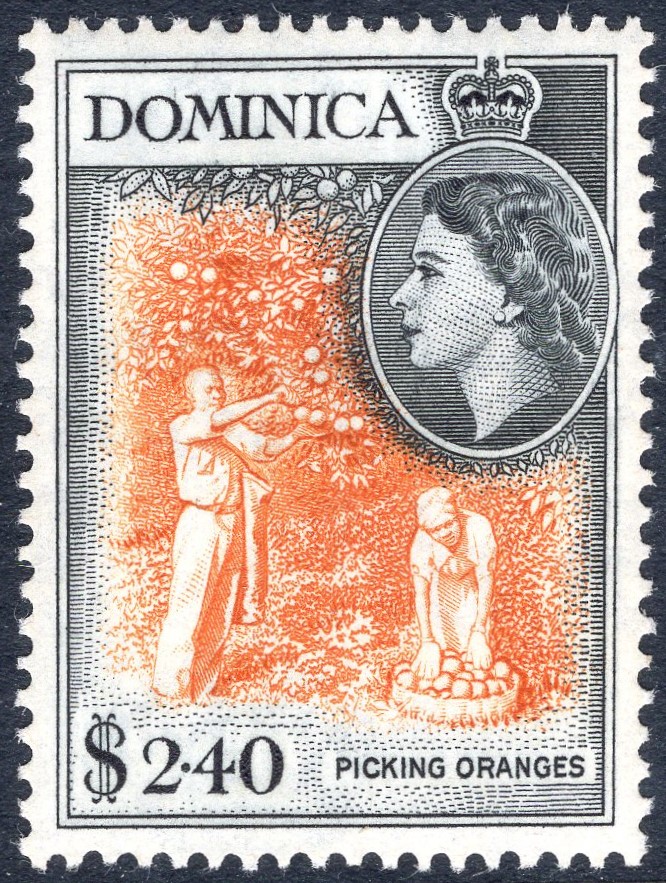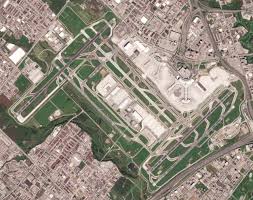
Introduction
Dominica, an eastern Caribbean island nation, is renowned for its lush landscapes, vibrant culture, and diverse ecosystem. Dubbed the ‘Nature Island’ due to its unspoiled rainforests, geothermal springs, and abundant wildlife, Dominica stands out as a prime ecotourism destination. Beyond its stunning natural beauty, the island recently gained attention for its recovery efforts following the devastating impacts of Hurricane Maria in 2017, making its relevance particularly significant in the context of climate resilience and sustainable tourism.
Recent Developments
As Dominica continues to rebuild post-Hurricane Maria, the government has focused on promoting sustainable development practices. This year, the island introduced new initiatives aimed at enhancing tourism, which is a vital part of its economy. These initiatives include improved infrastructure, eco-lodge accommodations, and the establishment of new hiking trails that showcase the island’s natural beauty.
The government of Dominica has also initiated efforts to position the island as a leader in renewable energy within the Caribbean. With an aim to utilize its geothermal resources, Dominica is taking steps to reduce its dependence on imported fossil fuels. This transition not only supports environmental goals but also offers a model for other small island nations facing similar challenges.
Tourism and Ecotourism
With its rich biodiversity, Dominica is a haven for ecotourism. Adventure seekers flock to discover its lush rainforests, vibrant flora and fauna, and natural attractions such as Boiling Lake and the Emerald Pool. In recent months, tourism authorities reported a rebound in visitor numbers, signaling a hopeful recovery trajectory for the sector as travel restrictions ease and global interest in nature-based experiences grows.
Dominica also recently hosted the Caribbean Community (CARICOM) leaders’ conference, highlighting its role on the political front within the region. As Caribbean nations collaborate on issues such as climate change, economic recovery, and social justice, Dominica’s active participation signifies its importance in regional discussions.
Conclusion
The ongoing transformations in Dominica present both challenges and opportunities for the small island nation. With a commitment to sustainability and resilience after natural disasters, it aims to redefine its future. As international interest in ecotourism continues to rise, Dominica is well-positioned to attract visitors seeking authentic experiences in nature while reinforcing its status as a leader in environmental sustainability. This story is important for potential travelers and investors who wish to engage with eco-friendly practices and contribute to the local economy of the Caribbean.






